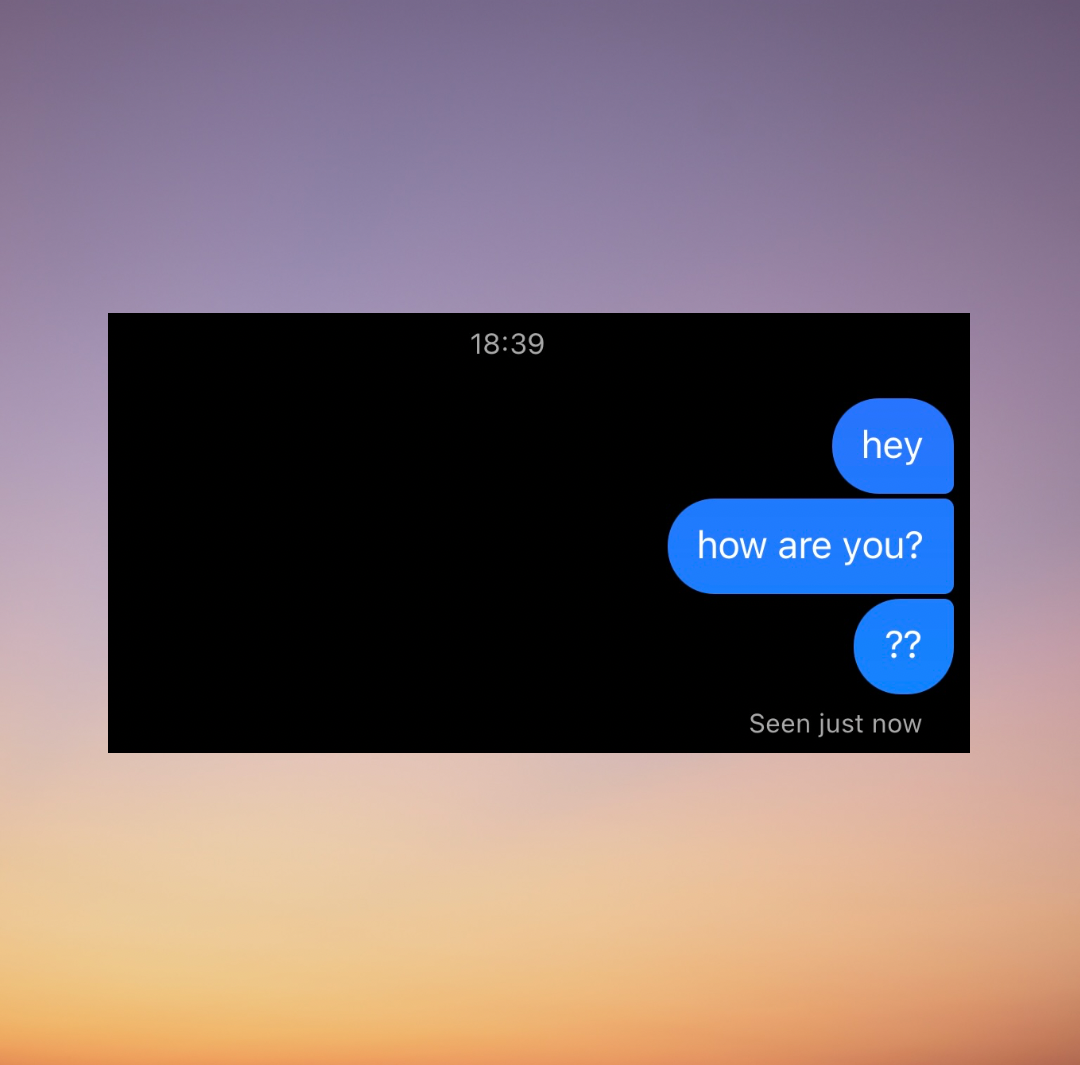Ghosting is the preferred modern-day solution to getting rid of someone, the most common way to let someone know – without actually letting them know – that you’re just not into them. Almost everyone has been both the ghoster and the ghostee, no one likes being on the receiving end of it. Now, there’s evidence to suggest that ghosting people might actually take a toll on your well-being, especially if you’re doing it to friends.
A new study has found that there’s a significant difference between why one might ghost a romantic partner as opposed to a friend. With romantic interests, it could be because the ghoster feels overwhelmed by the onslaught of messages they receive. But ghosting friends has more to do with self-esteem. Those who cut off communication with their friends without telling them why are also more likely to develop depressive tendencies over time. Researchers surveyed 978 participants around the age of 19 first, then 415 of these completed another survey four months later.
Varun, 19, says, “I wouldn’t ghost a friend unless they did something severe that I just can’t handle. It would hurt more if a friend ghosted me as well. With potential romantic interests, it’s easier to accept it because you may not be compatible and it’s awkward to have a conversation. But if I’m friends with someone, especially for some time, I would want to know what went wrong.”
Of course, it’s harder on the ghostee than the ghoster, and can lead to self-esteem and trust issues. But another study conducted by a psychology professor on her students found that nearly half the people who ghosted someone did feel guilt or remorse. When ghosting becomes a habit and the only way to end a relationship or friendship, it also stunts one’s personal growth.
“Whenever it’s possible, close friends deserve an explanation for why you are cutting them off,” Mehak, 22, says. “I think it’s better to talk it out and solve issues rather than making someone wonder what they did wrong. There are exceptions when someone has really hurt you or talking to them triggers you. But otherwise ghosting is not the mature option.”
I remember feeling quite a bit of guilt after I ghosted a friend for the first time. I have done it a few times since, but over the years, after being ghosted by my fair share of people, that guilt has subsided. It’s not quite an ‘if they can do it to me, I can do it to them’ attitude, but more of an acceptance of the fact that people might have their reasons for cutting contact and that not everything requires an emotionally draining confrontation.
Jahnvi, 20, mirrors my sentiment. “I’ve made my peace with it now. When I ghost someone or someone ghosts me, it takes a toll on my mental health for some time, but I’ve learned to let it go. It might not be that someone is always in the wrong – if you’re not willing to give time to the relationship or friendship, that’s that. No hard feelings!”
We interact with people more through our phones than we do in real life today. So ghosting becomes the most convenient and hassle-free option to end things with someone you no longer want in your life. But as we know now, it has mental health repercussions for both parties. There will be times when you’re tempted to leave that DM on ‘seen’, but considering the situation from all sides and assessing whether ghosting really is the best option might avoid guilt and hurt in the future for everyone involved.




